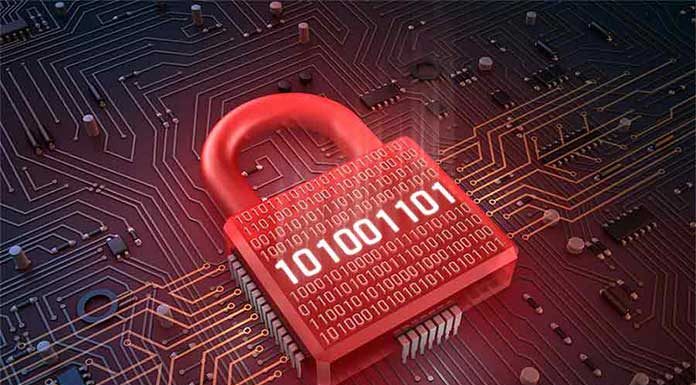With the recent enactment of the Digital Personal Data Protection Act (DPDPA) in India, there's a heightened emphasis on ensuring the privacy and security of personal data. This has propelled organisations to align their operations with the new legal framework. Central to this adaptation is the consideration of appointing Data Protection Officers (DPOs) to oversee and ensure compliance.
What is the Role of a DPO?
The Data Protection Officer (DPO) is pivotal in ensuring that an organisation adheres to its data protection obligations. Their responsibilities span across compliance with the data protection mandates and reporting directly to the organisation's apex leadership. The appointment and role of a DPO are entrenched in Section 10(2) of the DPDPA.
When is a DPO Appointment Necessary?
While the GDPR stipulates the appointment of a DPO for both data controllers and processors, the DPDPA focuses predominantly on significant data fiduciaries. Thus, organisations involved in data processing activities must seriously contemplate having a DPO.
What should be DPO's Position in the Organisational Lattice?
Achieving equilibrium is essential. The DPO's role must align with both legal mandates and the organisation's internal matrix. Some firms might prefer their DPOs to avoid direct interaction with data protection regulatory bodies, relegating such communications to their in-house legal or compliance teams. Motivations for such decisions can range from maintaining legal privileges to streamlining communications.
Should DPO be independent of organisation's executive board?
The GDPR leans towards ensuring the DPO's independence from the organisation's executive board. However, under India's DPDPA, the DPO must report to the highest echelons of management and represent significant data fiduciaries. This raises questions about the DPO's autonomy: despite their cardinal role, do DPOs possess the requisite authority to discharge their responsibilities effectively?
Private Regulation and DPOs: Where Do They Stand?
In contemporary times, private regulation mechanisms, from contracts to codes of conduct, often steer organisational behaviour. Concerning DPOs, their role sometimes appears ensnared between private regulations and formal legal statutes. Their efficacy in making recommendations often hinges on top management's concurrence.
What is the Responsibility and Liability of DPOs
While the GDPR clearly demarcates that DPOs aren't personally liable for non-compliance, it mandates them to cooperate with regulatory bodies. The DPDPA has similar provisions. This protective stance raises eyebrows: does it stem from the realisation that DPOs, in many organisations, wield limited powers?
What are the future of DPOs?
To stay compliant with both the GDPR and DPDPA, organisations must optimise the role of DPOs. Drawing insights from global counterparts, like the GDPR, can assist India in refining the contours of the DPO's role. To genuinely benefit from a DPO's expertise, organisations should value their suggestions as essential action items rather than discretionary advisories.











